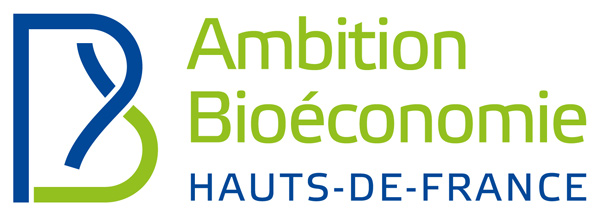A FAVOURABLE GLOBAL CONTEXT
The bioeconomy is today becoming a priority at the regional, national, European and international level.

In the Hauts-de-France, with its many and varied advantages, the bioeconomy is a tangible reality. Operators are active throughout the value chain and the sector is currently enjoying exponential growth.
Highly motivated, on 25 September 2018 the region adopted its Bioeconomy Master Plan, presenting “4 goals in 40 actions”, to promote a competitive and sustainable sector creating added value and jobs.
In this master plan, the region has set itself four main goals for 2025:
- To make the Hauts-de-France region a European leader in proteins
- To structure and implement a sustainable biosourced materials sector in the Hauts-de-France region
- To increase the share of biogas in the energy mix
- To promote bioproduction based on molecules with technical merit for future developments
In 2017, France introduced a sustainable development framework for the bioeconomy which is consistent with the resources and needs of our region while avoiding overexploitation. This strategy was followed by an action plan in 2018 broken down into five main areas:
- Enhanced knowledge
- Promotion of the bioeconomy and its products to the general public
- Creation of the conditions for balanced supply and demand
- Sustainable production, exploitation and processing of bioresources
- Removing obstacles and mobilising financing
On 11 October 2018, the European Commission presented a revised action plan for a “sustainable and circular bioeconomy” serving society, the environment and the economy in Europe. Designed to promote a sector “able to create one million new green jobs by 2030” this strategy revises the one adopted in 2012 named “Innovating for Sustainable Growth: A Bioeconomy for Europe”.
In order to guide this collective effort, in 2019 the Commission launched 14 concrete measures covering three key objectives:
- To strengthen and scale up the bio-based sectors, unlock investments and markets
- To deploy local bioeconomies rapidly across the whole of Europe
- To understand the ecological boundaries of the bioeconomy
The bioeconomy meets a number of the 2030 Sustainable Development Goals adopted by the UN General Assembly on 25 September 2015:
- Improving nutrition and promoting sustainable agriculture
- Use of renewable energies
- Promoting resilient infrastructure and sustainable industrialisation
- Tackling climate change





